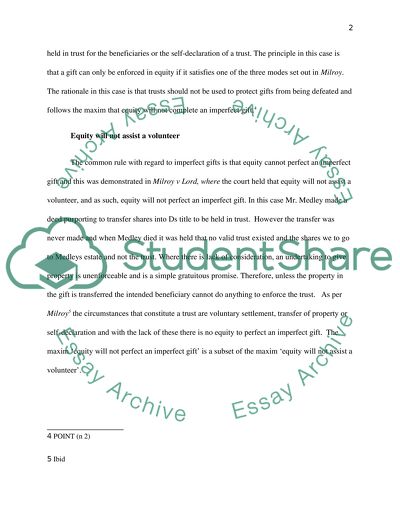Cite this document
(“EQUITY AND TRUSTS Essay Example | Topics and Well Written Essays - 2000 words”, n.d.)
EQUITY AND TRUSTS Essay Example | Topics and Well Written Essays - 2000 words. Retrieved from https://studentshare.org/law/1632205-equity-and-trusts
EQUITY AND TRUSTS Essay Example | Topics and Well Written Essays - 2000 words. Retrieved from https://studentshare.org/law/1632205-equity-and-trusts
(EQUITY AND TRUSTS Essay Example | Topics and Well Written Essays - 2000 Words)
EQUITY AND TRUSTS Essay Example | Topics and Well Written Essays - 2000 Words. https://studentshare.org/law/1632205-equity-and-trusts.
EQUITY AND TRUSTS Essay Example | Topics and Well Written Essays - 2000 Words. https://studentshare.org/law/1632205-equity-and-trusts.
“EQUITY AND TRUSTS Essay Example | Topics and Well Written Essays - 2000 Words”, n.d. https://studentshare.org/law/1632205-equity-and-trusts.


